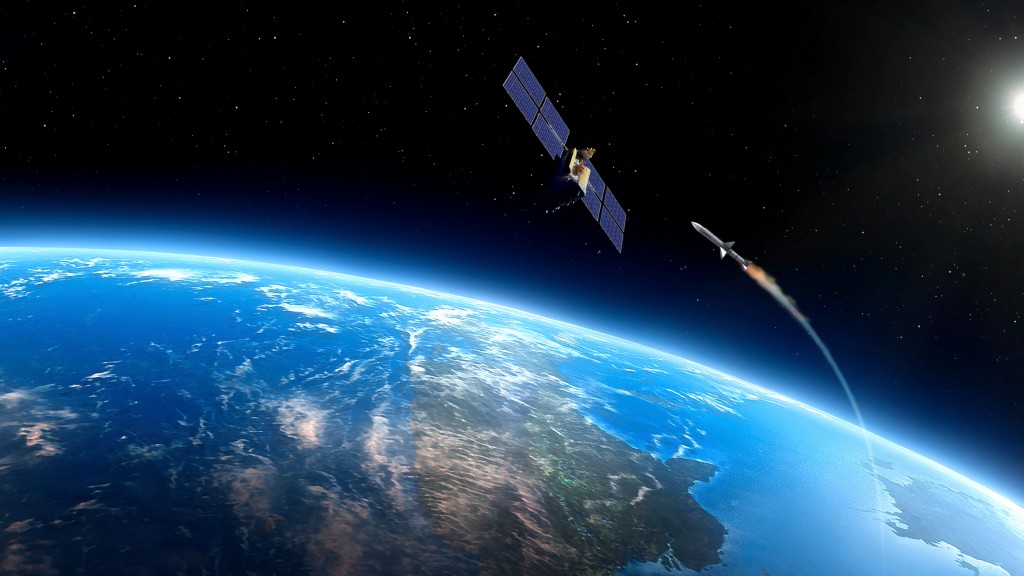Russia may consider American commercial satellites used to help Ukraine as its “legitimate targets” for strikes. This was stated by Konstantin Vorontsov. He is the deputy director of the Department for Nonproliferation and Arms Control of the Russian Foreign Ministry, his statement was made at a meeting of the first committee of the UN General Assembly.

Russia claims that the use of civilian satellites contradicts the Outer Space Treaty, “which provides exclusively for the peaceful use of outer space, and should be strongly condemned by the international community”. Accordingly, it reserves the right to “retaliate”.
Russian threats are primarily aimed at satellites of the Starlink global satellite Internet system, as well as devices of companies such as Planet Labs and Maxar. Their photographs are regularly published by the media and show traces of war crimes in the occupied territories.
At the same time, despite the volume of such statements, it should be understood that this is nothing more than another informational bluff, primarily designed to create an appropriate threatening background in order to force Western countries to stop helping Ukraine.
Of course, Russia has the ability to shoot down a satellite in orbit, which was demonstrated at the end of last year. However, its technical capabilities are absolutely disproportionate to the number of targets. Planet Labs and Maxar have hundreds of satellites, and the Starlink grouping has more than two thousand active devices. Even if Russia destroys several commercial satellites, it will not affect the work of their groups in any way. At the same time, by such actions, Moscow will further worsen its position in the international arena and has every chance of receiving a “retaliatory strike” against its satellite grouping. Unlike the same Starlink and Maxar, it is much less numerous, and it will be much more difficult to restore it due to sanctions.
According to www.dailystar.co.uk
Follow us on Twitter to get the most interesting space news in time
https://twitter.com/ust_magazine

